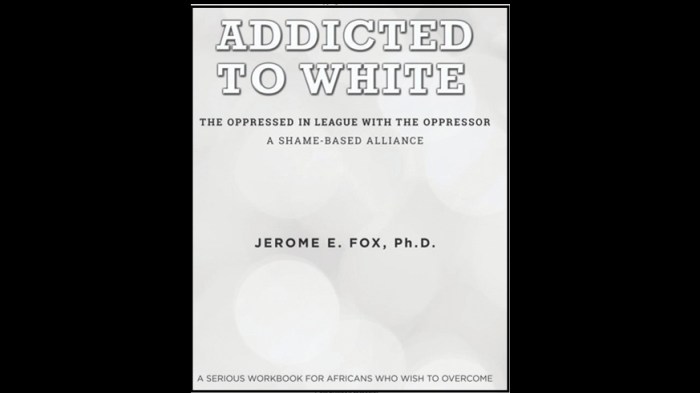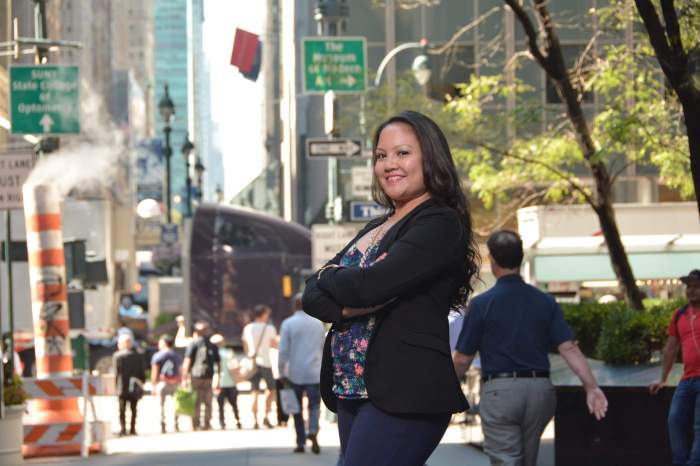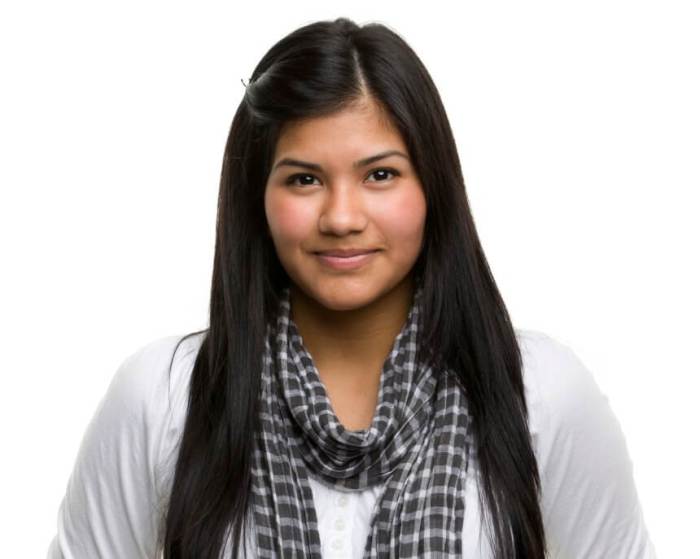Reporter was commissioned to write this in-depth article.
The ways in which people learn new skills can take many forms. In the United States, formal education reigns supreme as the most well known option. The educational trajectory for most U.S. kids looks the same – high school, college, possibly graduate school, then the work force. But this path is not the norm for all countries, especially developing ones. This is where non-formal education can be a game changer. In underserved nations in parts of Asia and Africa, for example, non-formal education can provide an enriching experience where there would otherwise be none. So what is non-formal education? A typically more engaging approach, non-formal systems are more loosely guided and are usually driven by the learner’s own interests. While they do not lead to a formal degree, they can result in measurable positive growth within the community. According to Johns Hopkins School of Education, part of the reason behind this success is that non-formal education takes a bottom up (instead of a top down) approach to learning. Johns Hopkins recognizes BRAC (Bangladesh Rural Advancement Committee) as the biggest non-formal education system worldwide. Instead of competing with formal schooling, organizations like BRAC work to enrich the learner’s experience across the board. In the United States, examples of non-formal education include the Boy Scouts and Girl Scouts of America.
Worldwide, distance education is becoming increasingly popular. This kind of schooling is exactly what it sounds like and consists of students corresponding with instructors via the Internet. One of the best-known distance learning programs in the U.S. is the University of Phoenix, which offers accredited degrees. On a global scale, Bircham International University offers distance learning programs in the arts, business, media, engineering, computer science and more.
“We’ve seen qualification rates increase in areas where higher education is not easily accessible, and we’ve seen an increase in the number of people who are hired at companies who are coming from non-formal education backgrounds,” said William Martin, CEO of Bircham International University. According to Martin, this type of non-formal education is adapted to the needs of each market, which better prepares students for real-life applications. Bircham programs are specifically geared toward adults over the age of 25. Students can enroll from anywhere in the world – from Somalia, to Portugal, to Switzerland and beyond. Bircham currently offers 200 programs of study in eight languages. In terms of accreditation, Martin says that these standards vary from country to country. Currently, Bircham follows the higher education guidelines of the European Union.
Non-formal education aims to help underserved

THINKSTOCK
























